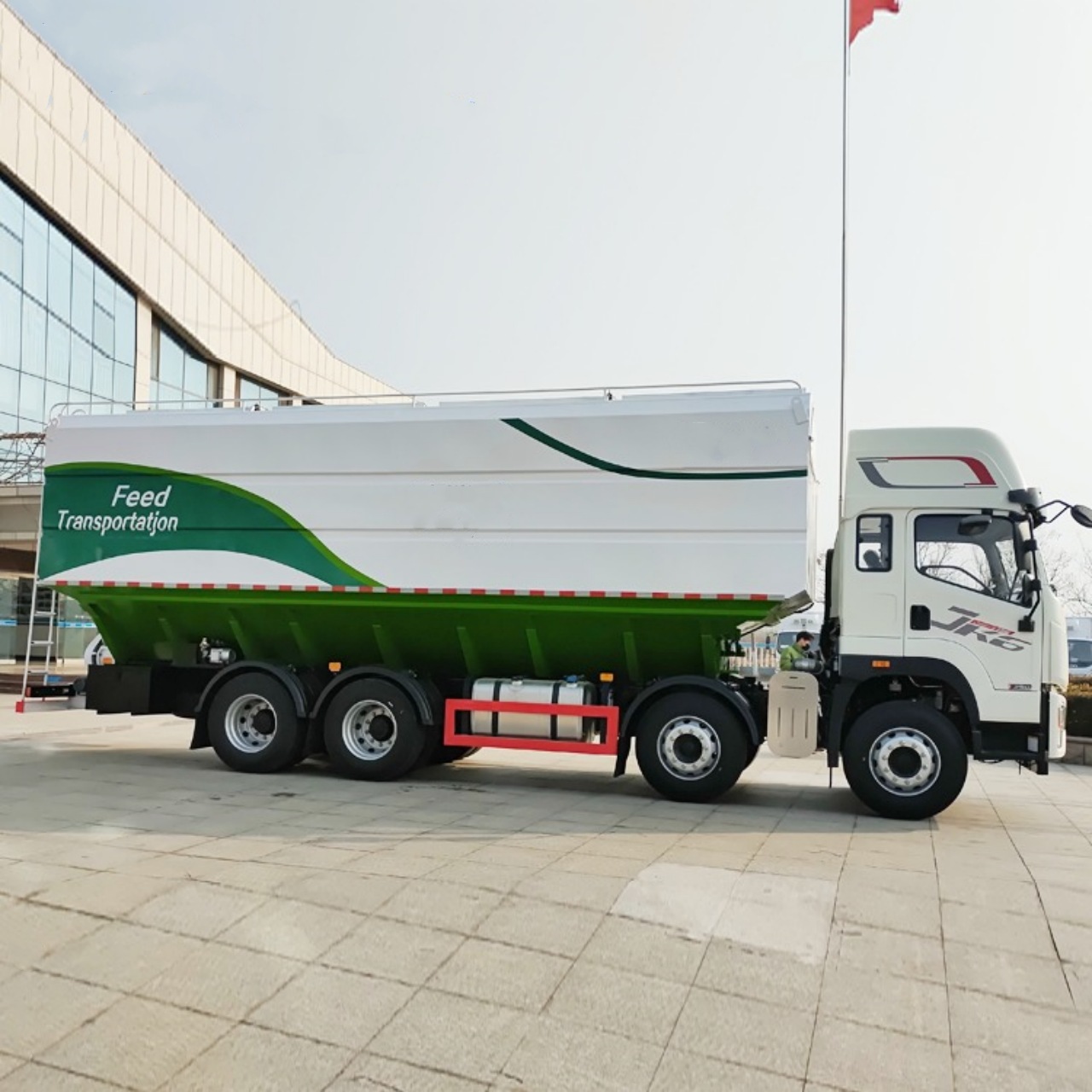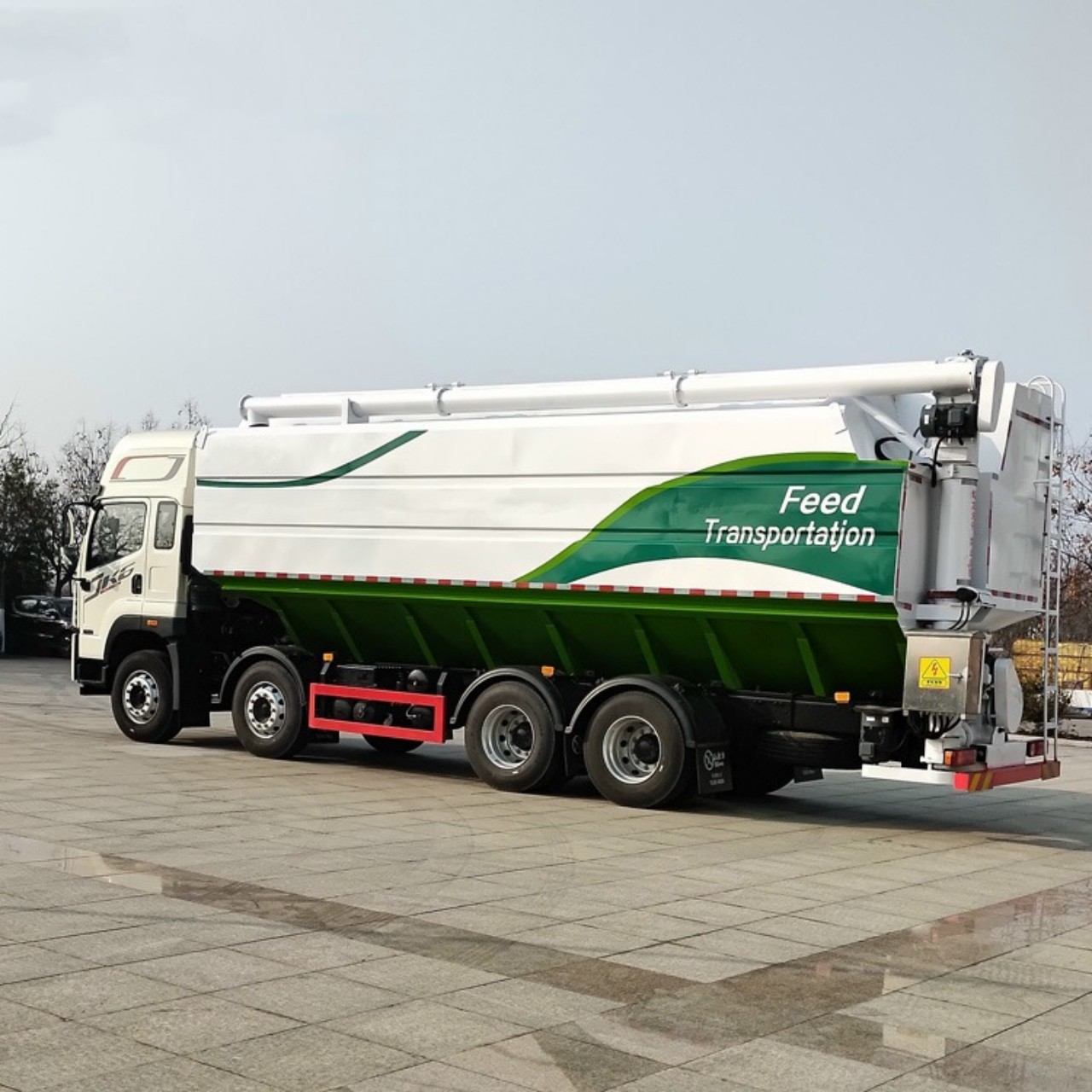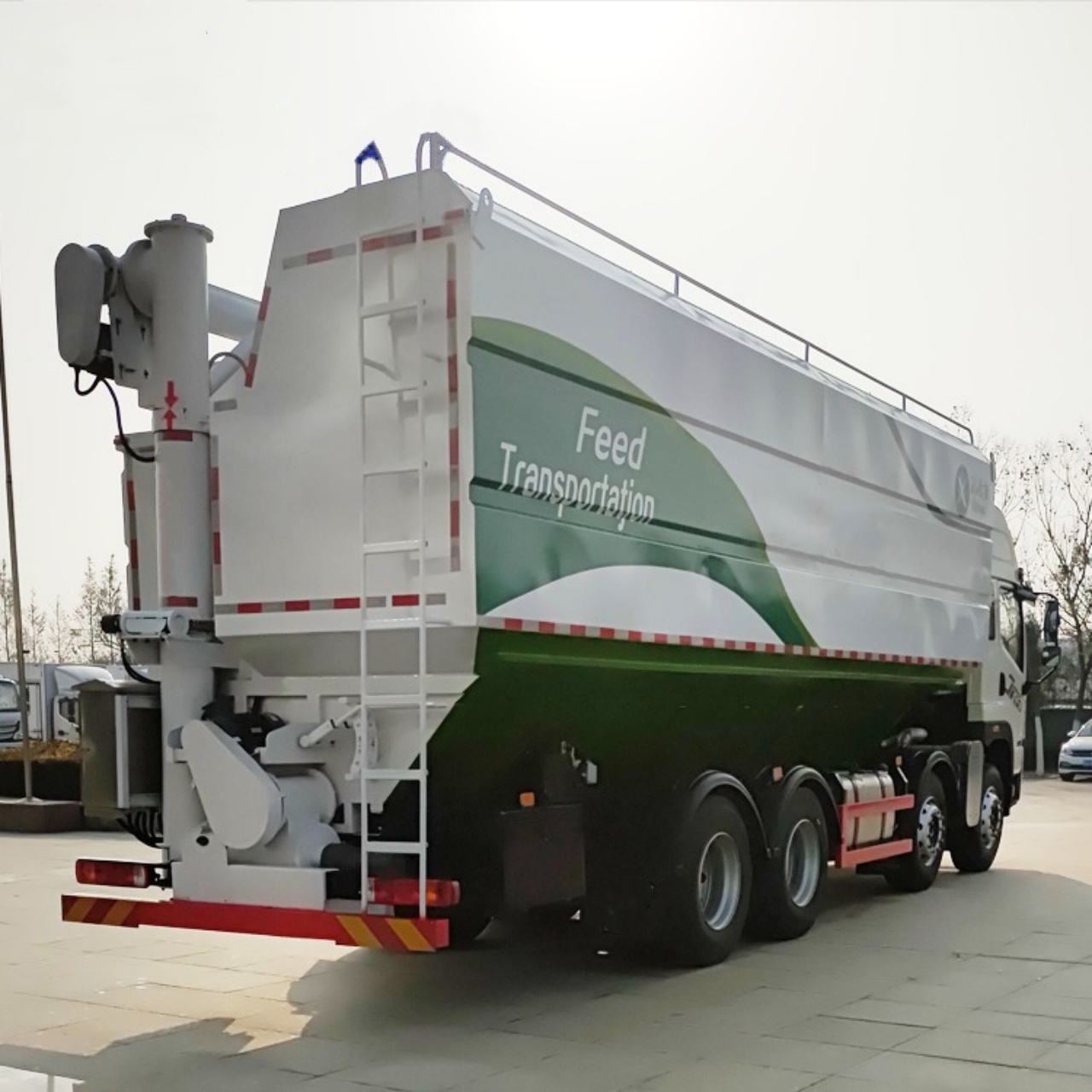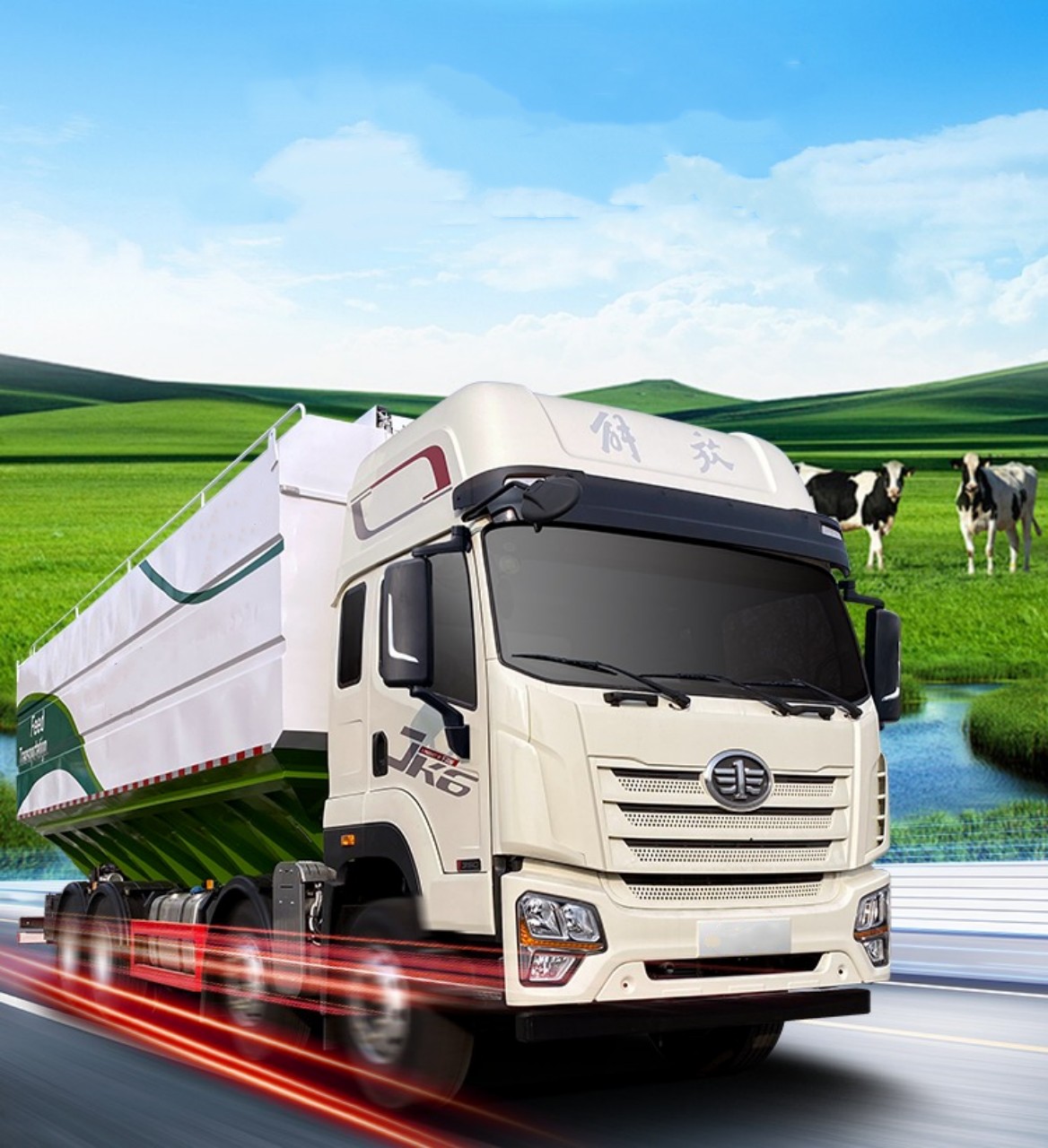Dry bulk in trucking refers to the transportation of unpackaged dry goods in large quantities, typically using specialized trucks and trailers designed to handle these materials efficiently and safely. Unlike liquid bulk, which involves transporting liquids such as fuel or chemicals, dry bulk deals with solid materials in powder, granular, or pellet form. These materials are not containerized in boxes or bags but are loaded directly into the cargo space of a dry bulk trailer or tank. This method is widely used across industries such as construction, agriculture, food processing, and manufacturing.
Types of Dry Bulk Materials
Dry bulk materials are diverse and used in various industries. Common examples include:
- Cement and Lime: Used in construction and infrastructure development.
- Grains and Seeds: Corn, wheat, soybeans, and sunflower seeds for agriculture and food production.
- Plastic Pellets: Used in the plastics and manufacturing industries.
- Sand and Silica: Applied in glass-making, fracking, and construction.
- Salt: Transported for use in food, chemical processing, or de-icing roads.
- Fly Ash: A byproduct from coal combustion, often used in concrete production.
These materials require specific handling procedures to maintain their integrity and to ensure safety during transport.
Specialized Equipment: Dry Bulk Trucks and Trailers
Dry bulk trucking uses unique equipment designed to manage the challenges of transporting loose, fine, or granular goods. The most common types of dry bulk transport equipment include:
1. Pneumatic Dry Bulk Trailers
These trailers are cylindrical tanks that use pressurized air to load and unload materials. A compressor pumps air into the tank, fluidizing the product and allowing it to be blown out through hoses. Pneumatic systems are ideal for fine powders like flour, cement, and chemicals because they prevent contamination and minimize product loss.
2. Bottom Drop (Hopper) Trailers
These trailers feature hoppers or bins at the bottom, which discharge their contents by gravity through gates or valves. They are typically used for coarse materials such as gravel, sand, or grain. These trailers are simpler than pneumatic ones but less suited for products that require an airtight environment.
3. Dump Trailers
Though not exclusively for dry bulk, dump trailers are sometimes used for transporting certain dry bulk goods like sand or soil. They operate by tilting to unload their contents.
Loading and Unloading Dry Bulk
Handling dry bulk goods requires efficient systems for loading and unloading. Depending on the product and equipment, the process may be manual or automated. Pneumatic trailers use compressors to push materials through hoses into silos or storage tanks, while bottom drop trailers rely on gravity to deposit the load directly into a pit or container.
Efficiency in these operations is vital because delays can lead to product loss, contamination, or safety issues. The loading process must ensure that the material is distributed evenly in the trailer to maintain balance during transport.
Safety Considerations in Dry Bulk Trucking
Transporting dry bulk materials involves several safety challenges:
- Dust Generation: Fine particles can pose respiratory hazards and may be combustible in certain environments.
- Weight Distribution: Uneven loading can affect the truck’s stability and handling.
- Pressure Hazards: Pneumatic systems operate under high pressure, requiring proper maintenance and handling to avoid accidents.
- Contamination Risks: Materials like food-grade flour or plastic pellets must be transported in clean, contaminant-free tanks.
Drivers and operators must undergo specialized training to manage these risks effectively and ensure compliance with regulatory standards.
Advantages of Dry Bulk Trucking
Dry bulk trucking offers several advantages over other transport methods for bulk goods:
- Cost Efficiency: Bulk transport reduces packaging costs and allows for higher payloads.
- Speed and Efficiency: Loading and unloading are often faster than handling containerized goods.
- Product Integrity: Specialized trailers help protect materials from contamination, moisture, and damage.
- Environmental Benefits: Reducing packaging waste and using efficient trailers minimizes environmental impact.
These benefits make dry bulk trucking a popular choice in industries requiring high-volume material movement.
Industries That Depend on Dry Bulk Trucking
Several key industries rely heavily on dry bulk transportation:
- Agriculture: Moves grains, fertilizers, and feed.
- Construction: Delivers cement, sand, fly ash, and lime.
- Food Processing: Transports flour, sugar, starch, and other food ingredients.
- Chemical Manufacturing: Carries raw materials such as soda ash or polymers.
- Mining: Hauls materials like salt, coal, and crushed ores.
Each of these sectors has specific requirements for trailer types, cleanliness, and handling processes.
Regulatory and Compliance Aspects
Dry bulk trucking, like all commercial transport, is subject to regulations that ensure safety and product integrity. Key regulations include:
- Department of Transportation (DOT): Governs weight limits, driver hours, and vehicle maintenance.
- Occupational Safety and Health Administration (OSHA): Oversees workplace safety, including dust control and respiratory protection.
- Food and Drug Administration (FDA): Imposes sanitation standards for food-grade dry bulk transportation.
- Environmental Protection Agency (EPA): Regulates emissions from diesel trucks and mandates procedures to handle hazardous materials.
Trucking companies must comply with these regulations to avoid fines, accidents, and legal liabilities.
Technological Innovations in Dry Bulk Trucking
Modern dry bulk trucking increasingly uses technology to improve efficiency and safety:
- Telematics Systems: Monitor location, speed, and operational parameters in real time.
- Load Sensors: Ensure accurate weight distribution and prevent overloading.
- Automation: Automated loading and unloading systems reduce labor costs and speed up operations.
- Data Analytics: Helps fleet managers optimize routes, reduce fuel use, and schedule maintenance proactively.
These technologies enhance logistics management and improve the bottom line for dry bulk transport providers.
Conclusion
Dry bulk trucking plays a critical role in the global supply chain by efficiently moving large quantities of unpackaged solid materials. From cement for construction to flour for food production, these materials are integral to everyday life. Specialized equipment, stringent safety measures, and evolving technology ensure that dry bulk transport remains reliable and cost-effective.
As industries continue to grow and demand more efficient logistics solutions, dry bulk trucking is poised to remain a vital part of the transport landscape. Whether it’s a grain truck crossing the Midwest or a cement tanker supplying an urban construction site, dry bulk transportation helps keep the world moving—one load at a time.






